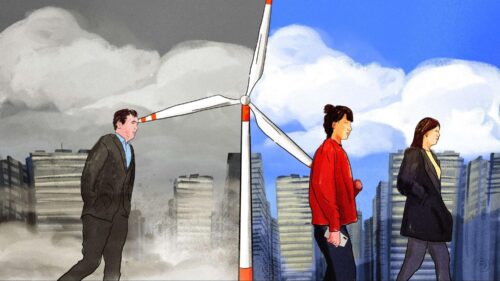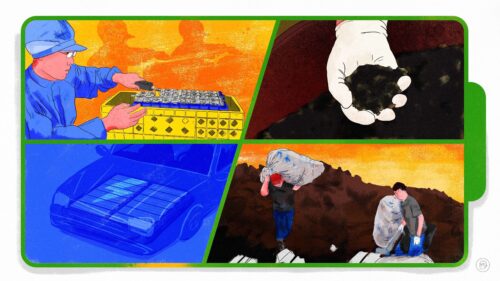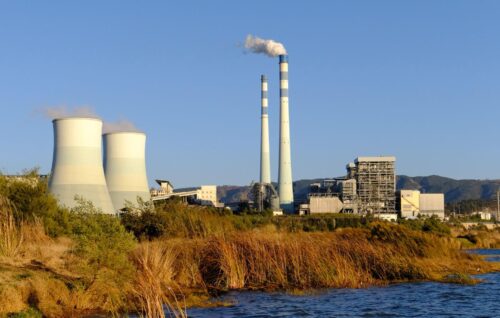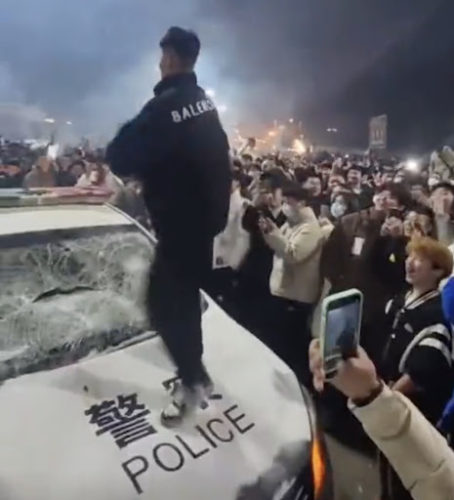A glimmer of sunshine in Beijing’s smog fight
The biggest improvement in pollution in nine years? According to a Reuters analysis, based on readings of hazardous PM2.5 particles taken from the U.S. embassy in Beijing, air quality improved by almost 20 percent this year.
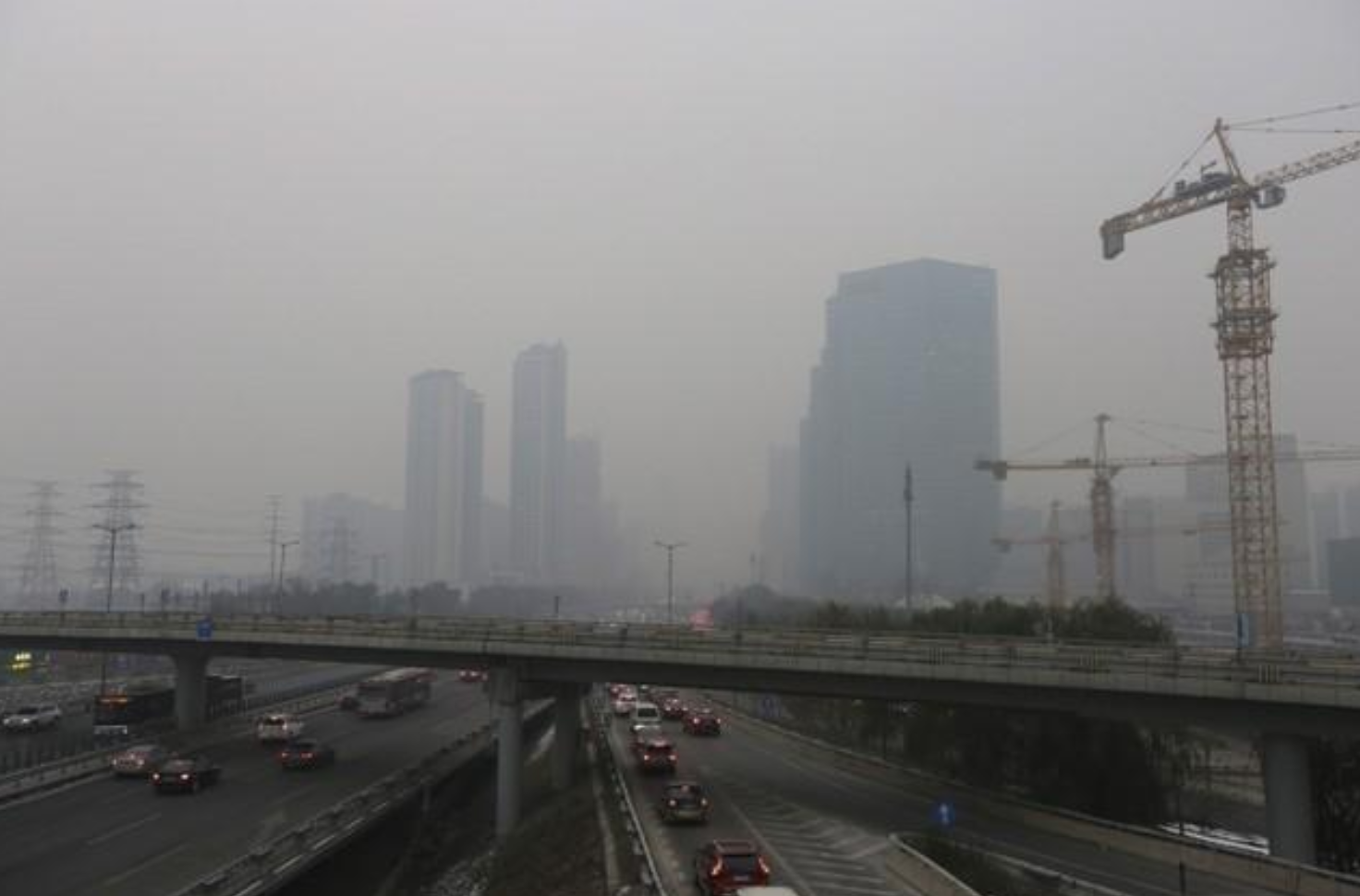

Will 2017 be marked as a turning point in the Chinese capital’s efforts to combat its notorious air pollution? According to a Reuters analysis, based on readings of hazardous PM2.5 particles taken from the U.S. embassy in Beijing, air quality improved by almost 20 percent this year, and analysts say government efforts deserve to be credited.
- However, air in Beijing “was actually worse in the first nine months of this year than in the same period last year,” according to Reuters, though PM2.5 concentrations dropped by nearly 60 percent during the last three months.
- Favorable weather conditions in northern China are also at play this winter, though experts said government policies were responsible for most of the improvement.
- China looks set to be the world’s top issuer of green bonds for the second year in a row, CNBC reports, with 66 deals that raised close to $25 billion for the financing of environmentally friendly activities.
EARLIER THIS WEEK:
Beijing’s Party chief, Cai Qi 蔡奇, may have bungled his first major leadership test with his handling of migrant evictions after a deadly fire. Leaked comments from a scholar at an important think tank held that “the Party should hold Beijing authorities accountable” because they were “making a mess for the Party.”
The Politburo held a meeting on December 27 that added to speculation that Xi Jinping would maintain power for more than the customary two terms. At the meeting, members engaged in self-criticism and pledged loyalty to the general secretary. They also agreed to put a proposal on constitutional amendments — potentially one extending or eliminating leadership term limits — at the top of the agenda for next month’s Communist Party Central Committee meeting.
Dhondup Wangchen, a filmmaker who spent six years in jail and three years under police surveillance for a 25-minute documentary on Tibet, was reunited with family in San Francisco on December 25, protected by U.S. political asylum.
—Lucas Niewenhuis and Sky Canaves
- Taiwan talks back
Taiwan president says China’s military expansion could destabilize Asia / NYT (paywall)
Tsai Ing-wen vows to boost Taiwan defense budget amid military threats / SCMP - China and Myanmar
UN investigator wants China to condemn Rohingya crackdown / SCMP - U.S.-China trade tensions
Trump officials preparing for harder ‘America first’ line on China / Washington Post - Tree conservation
Governments fined $555,000 for killing 500-year-old trees / Sixth Tone
